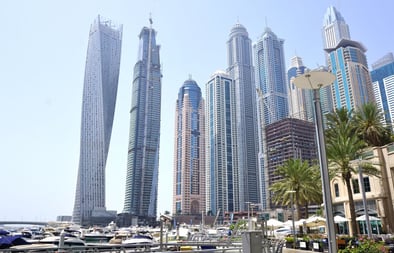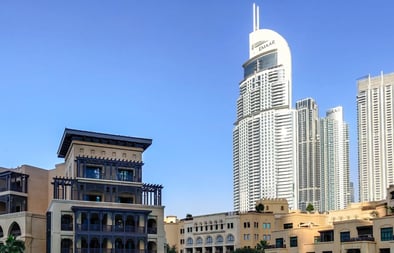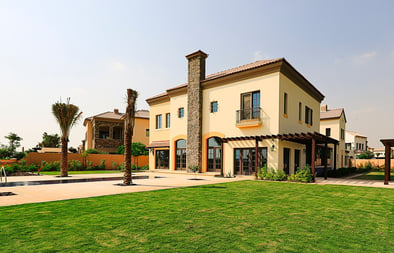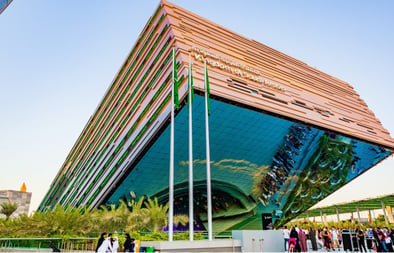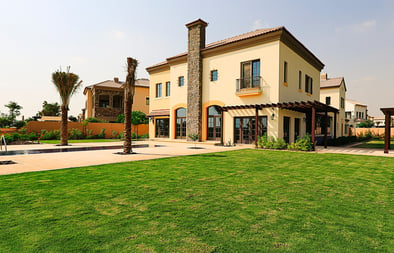Commercial leasing in Dubai is a complex process that requires careful consideration and attention to detail. Whether you are an established business looking to expand or a startup searching for your first office space, it is crucial to be aware of the guidelines for tenants in Dubai.
This article will provide you with an overview of commercial leasing guidelines for tenants in Dubai and help you make informed decisions when leasing a commercial property.
Understanding the leasing process in Dubai
The first step in leasing a commercial property in Dubai is to identify your requirements. You should consider factors such as the size of the space you need, the location, and the budget. Once you have identified your requirements, you can start looking for properties that meet your needs. There are several ways to find commercial properties in Dubai, including using online property portals, working with a real estate agent, or networking with other businesses in your industry.
Once you have identified a property that meets your requirements, you will need to negotiate the terms of the lease with the landlord. This will involve discussing the rent, the length of the lease, and any additional costs such as maintenance fees or service charges. It is important to read the lease agreement carefully and ensure that you understand all the terms and conditions before signing it.
Commercial leasing guidelines for tenants in Dubai Dubai has strict guidelines for commercial leasing to protect the interests of both tenants and landlords.
Here are some of the key guidelines for tenants to keep in mind:
1. Rent
The rent for commercial properties in Dubai is calculated based on the square footage of the space. Tenants should negotiate the rent carefully and ensure that it is in line with the prevailing market rates. It is also important to clarify any additional costs such as service charges or maintenance fees can be included in the agreement of commercial properties for rent.
2. Lease term
Commercial leases in Dubai are usually for a period of 1-5 years, although longer leases may be possible. Tenants should carefully consider the length of the lease and negotiate the terms to ensure that they have the flexibility they need to grow and expand their business.
3. Security deposit
Landlords in Dubai typically require a security deposit equal to one to three months’ rent. This deposit is refundable at the end of the lease period provided that the tenant has fulfilled all their obligations under the lease agreement.
4. Maintenance and repair
Tenants are responsible for maintaining and repairing the interior of the property, while landlords are responsible for maintaining the exterior and common areas. It is important to clarify the responsibilities of both parties in the lease agreement to avoid any disputes.
5. Subleasing
Subleasing is not allowed in Dubai without the landlord’s prior written consent. Tenants should ensure that the lease agreement includes provisions for subleasing if this is something they may need in the future.
6. Termination
Tenants may terminate their lease before the end of the lease term by giving the landlord notice in writing. However, they may be required to pay a penalty or forfeit their security deposit. Landlords may also terminate the lease if the tenant breaches any of the terms of the agreement.
7. Renewal
Tenants may have the option to renew their lease at the end of the lease term. However, the landlord is not obliged to renew the lease, and the terms of the renewal may be different from the original lease.
In conclusion, commercial leasing in Dubai can be a complex process, and it is important for tenants to understand their rights and obligations under the lease agreement. By following the guidelines outlined above, tenants can negotiate favorable lease terms and avoid disputes with their landlords. It is also important to seek professional advice from a real estate agent or legal advisor before signing a lease agreement to ensure that you fully understand the terms and conditions.



























.jpg)









































